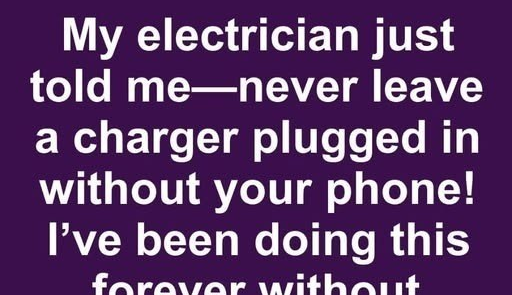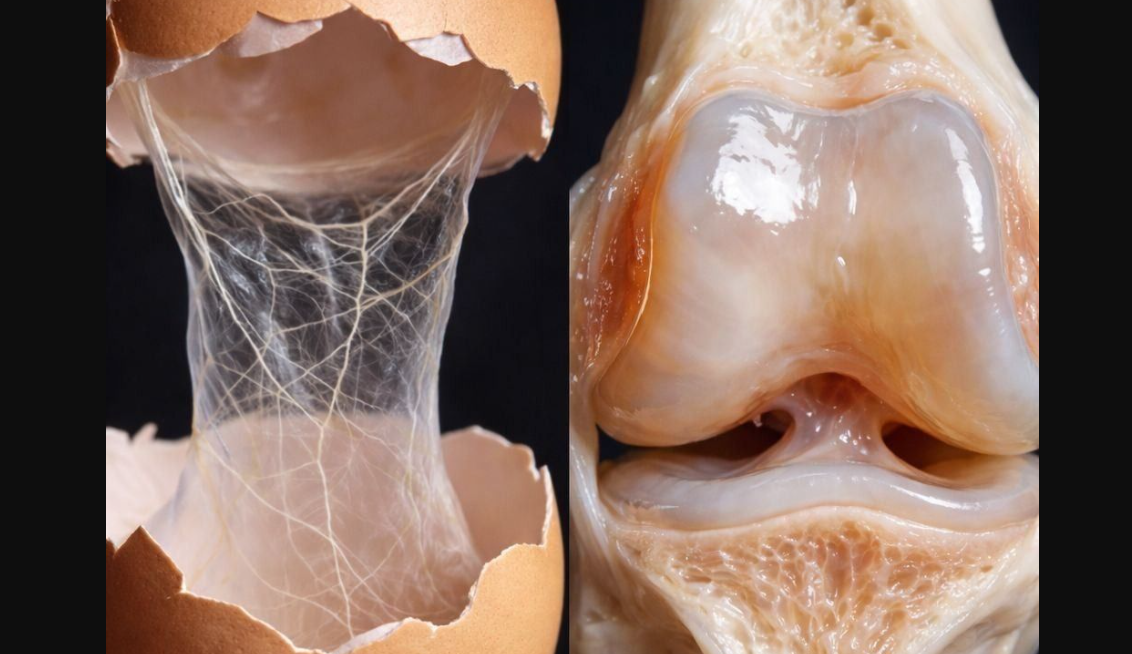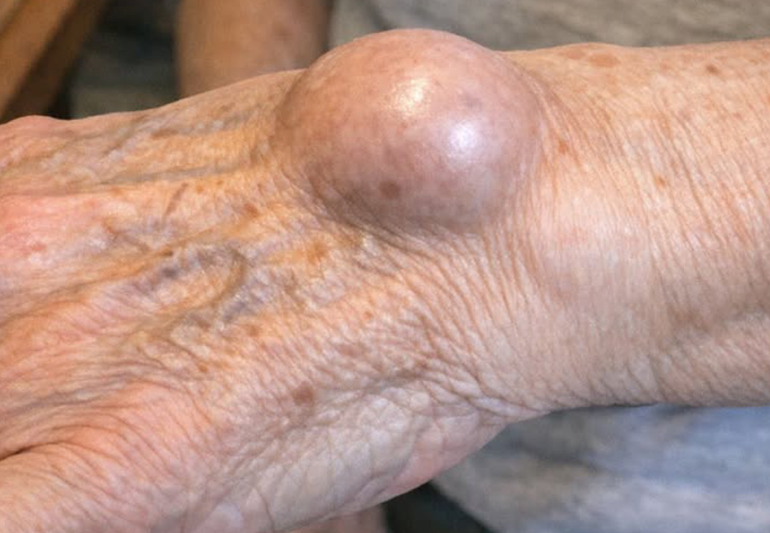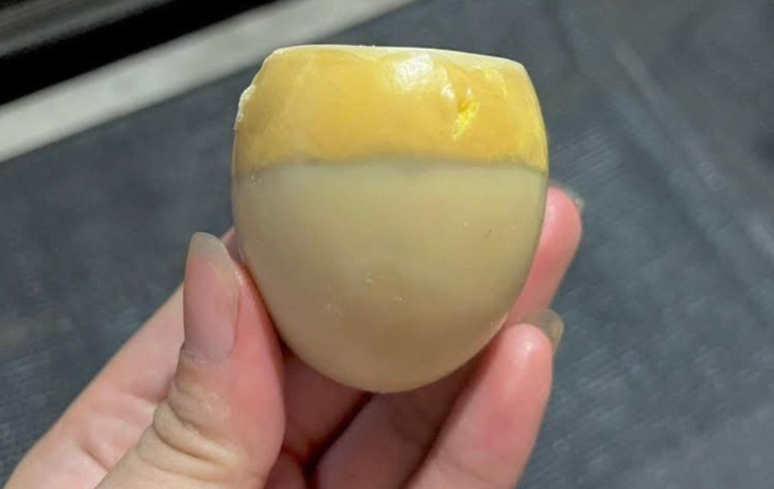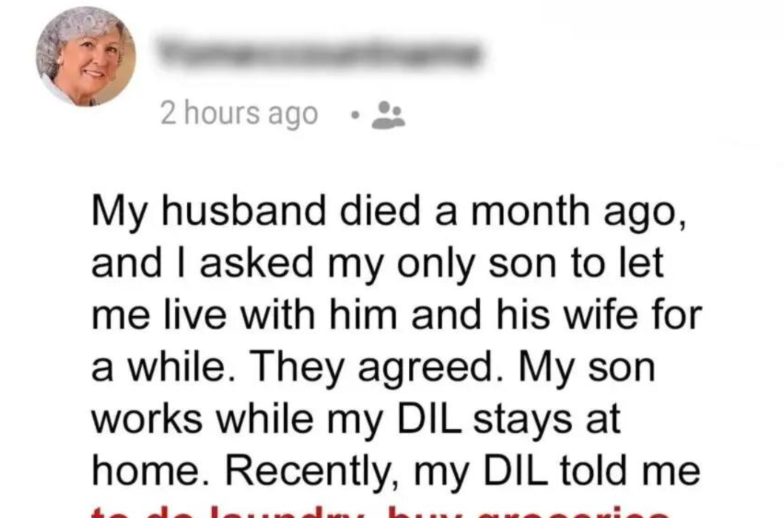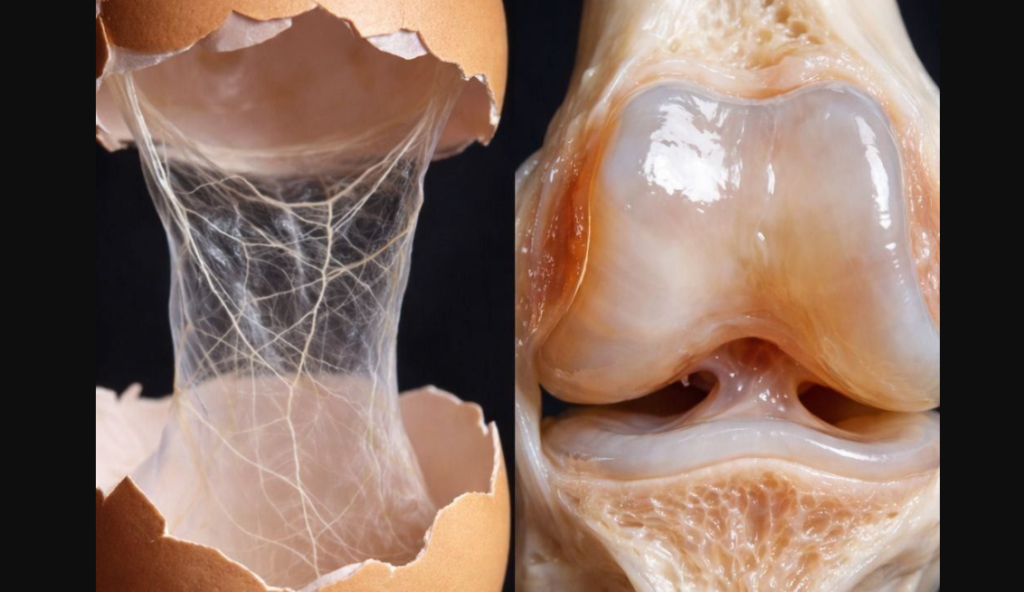Many people keep their phone chargers plugged into the wall, even when they’re not connected to a device. This widespread habit carries several hidden risks. Instead of a harmless action, this practice contributes to what is known as “vampire energy”, drawing small amounts of electricity that accumulate over time. This power consumption can raise your energy bill and place unnecessary strain on the larger power grid.
The Silent Electrical Hazard
One of the more serious consequences of this habit is the potential for fire. Chargers, particularly those that are low-cost, uncertified, or worn out, can overheat when left plugged in for extended periods. The constant flow of electricity through faulty internal components can lead to thermal runaway, where the temperature rises uncontrollably. This creates a genuine and dangerous risk of electrical fires in your home, even when no device is attached.
This constant power flow also leads to accelerated wear and tear on both the charger and the wall outlet. The delicate electronic components within the charger are continuously subjected to a low-level electrical current, causing them to degrade at a faster rate. As a result, the lifespan of the charger is reduced. Similarly, the outlet itself can suffer from repeated heat cycles and electrical stress, increasing the chance of a short circuit or failure. In a recent study published by a national fire safety institute, it was revealed that a significant portion of residential electrical fires over the past decade were linked to issues with power cords and outlets, many of which were directly connected to non-use devices.
Furthermore, damaged chargers with frayed or exposed wires pose a greater risk. When these are left plugged in, they can arc and spark, creating a direct ignition source for any nearby flammable materials. A simple, consistent change can prevent these dangers, ensuring the safety of your household.
Environmental And Economic Costs
The environmental impact of this habit is substantial. Wasted energy translates directly into increased carbon emissions, contributing to larger climate change issues. Collectively, the energy consumed by billions of plugged-in chargers worldwide is equivalent to the power output of numerous large-scale power plants. Experts in environmental science frequently compare this energy waste to leaving a car idling in a driveway for hours on end; the resource is being consumed without serving any productive purpose. Every individual action to reduce this waste has a positive cumulative effect on the environment.
Beyond the environmental factor, the economic cost to consumers is not negligible. Although the energy drawn by a single charger is small, the cumulative effect over a year can add up to a noticeable increase on your monthly utility bills. According to recent data from a leading energy consumption report, the average household could save a considerable amount annually simply by adopting the practice of unplugging chargers and other unused electronics.
Practical Actions for Adopting Better Habits
Staying safe and saving energy requires simple, actionable steps. Consider these recommendations for your home.
- Always Unplug Unused Chargers: This is the most direct and effective action. Ensure that you disconnect chargers from the wall outlet when they are not actively charging a device.
- Utilize Smart Technology: Power strips with built-in on/off switches or smart plugs are convenient tools to manage this. These devices allow you to cut power to multiple electronics at once without having to manually unplug each item.
- Choose High-Quality Products: The quality of your chargers directly correlates with safety. Invest in certified, high-quality chargers and replace any that show signs of damage, such as frayed cables or loose connections.
- Conduct Routine Safety Checks: Periodically inspect your chargers and outlets. If you notice any signs of overheating, such as a hot-to-the-touch surface or a faint burning smell, unplug the device immediately and replace it.
Final Thoughts
Sometimes, the smallest habits lead to the biggest changes. Adopting a simple habit of unplugging chargers protects your home from a potential fire, reduces your energy bills, and contributes positively to the environment. This act is a small yet significant way to improve your safety, financial health, and environmental impact. Your awareness of this simple practice is a powerful tool.
